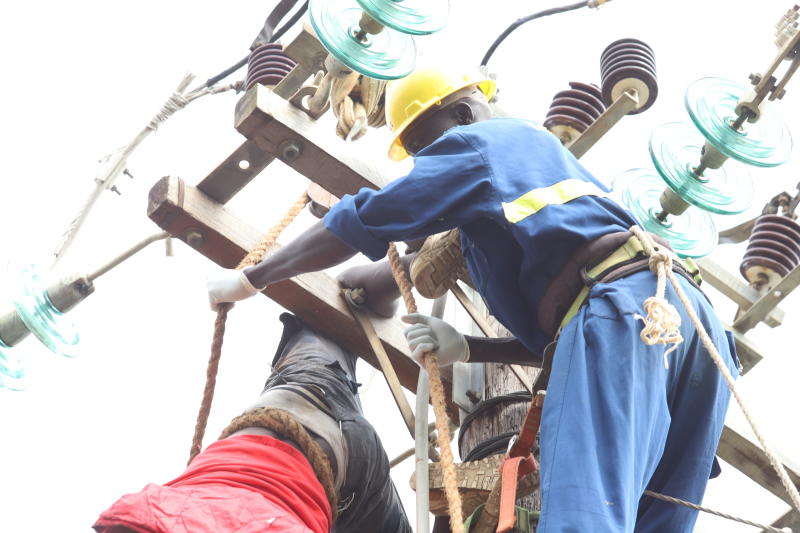×
The Standard e-Paper
Stay Informed, Even Offline

Consumption of electricity declined last month as local industries slowed down activities following the containment measures issued by the government to curb the spread of coronavirus.
New data by the Energy and Petroleum Regulatory Authority (EPRA) shows that power usage declined 13 per cent last month compared to consumption in March.